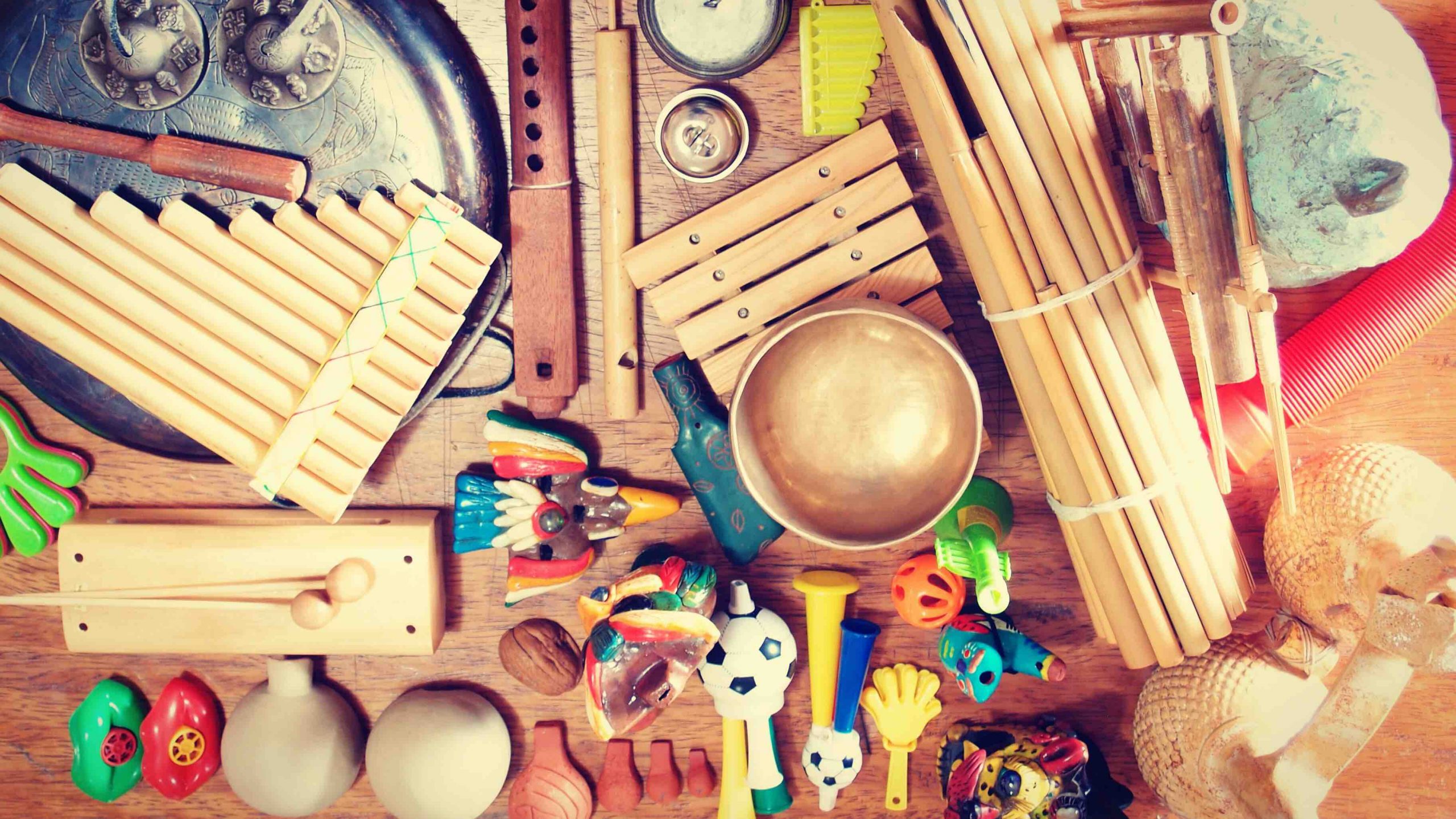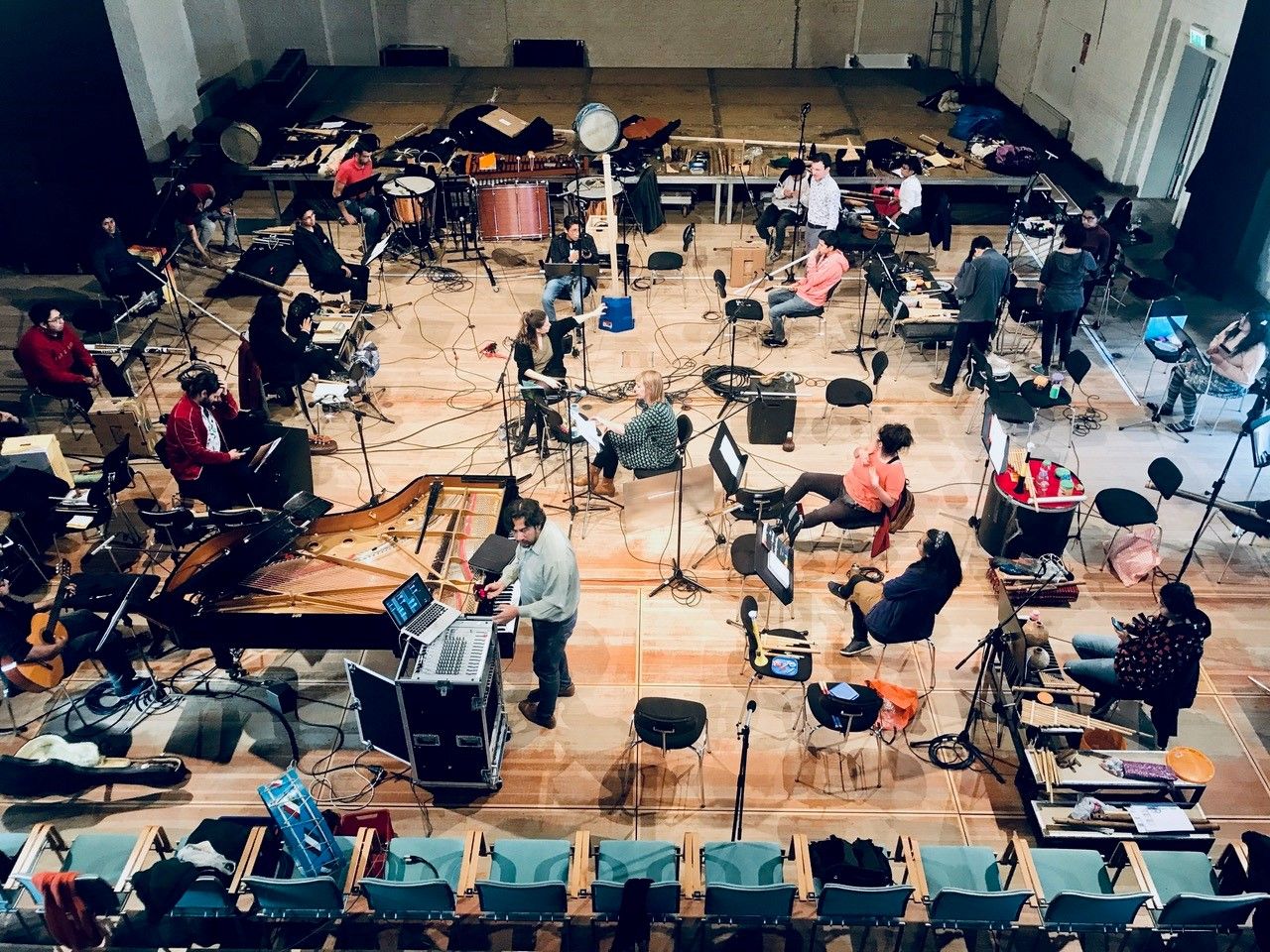
40 Jahre OEIN
- Anniversary Concert
- Experimental
09.05.2020
With Carlos Gutiérrez
OEIN celebrates its fortieth anniversary on May 9, 2020. Composer and conductor Cergio Prudencio founded the first experimental orchestra for traditional Andean instruments in 1980. Affiliated with this were music school programs for children, teenagers and adults. Carlos Gutierrez and Tatiana Lopez, who head OEIN today, started out in the ensemble themselves by playing the flute-like instruments the Sicu and the Zampogna; it was only through this experience that they came into contact with the music of Bolivian indigenous cultures. Since that time, they have taken it upon themselves to cultivate and develop this music, and of the Aymara in particular. In so doing they are successfully advancing Prudencio’s idea of playing contemporary music with indigenous instruments. The fusing of these two musical traditions is an important political statement in a country where indigenous culture has long been suppressed and banned, and Gutierrez and Lopez still encounter a lot of resistance.
Grand plans for an anniversary concert in La Paz have ultimately been derailed by the coronavirus lockdown. In all likelihood, the twenty-five OEIN musicians will still be stranded then at the Musikakademie in Rheinsberg. In lieu of this, the musicians have been working for weeks on a recording to be streamed on May 9. A long, festive Sikureada (traditional Bolivian music for a large ensemble based on principles of collectivity and inclusion) is being recorded in Rheinsberg. The resulting concert will be available on the anniversary at 6 pm Bolivian time, and thus overcomes quarantine limits, social distancing and geographical distances.
All participating institutions—including the DAAD, the Ernst von Siemens Musikstiftung, the Goethe-Institut, Musikfonds e.V., the Federal Government Commissioner for Culture and the Media (BKM), the Senate Department for Culture and Europe Berlin, the Landesmusikakademie Rheinsberg and the Hellerau European Centre for the Arts—are working together to resolve this extraordinary situation, the end of which is not in sight.
The recordings are made possible by the DAAD Arts & Media support program with funding from the Federal Foreign Office.
Further information and a link to the May 9 livestreaming event will follow shortly.
Photo credit: Jonathan Boudevin


